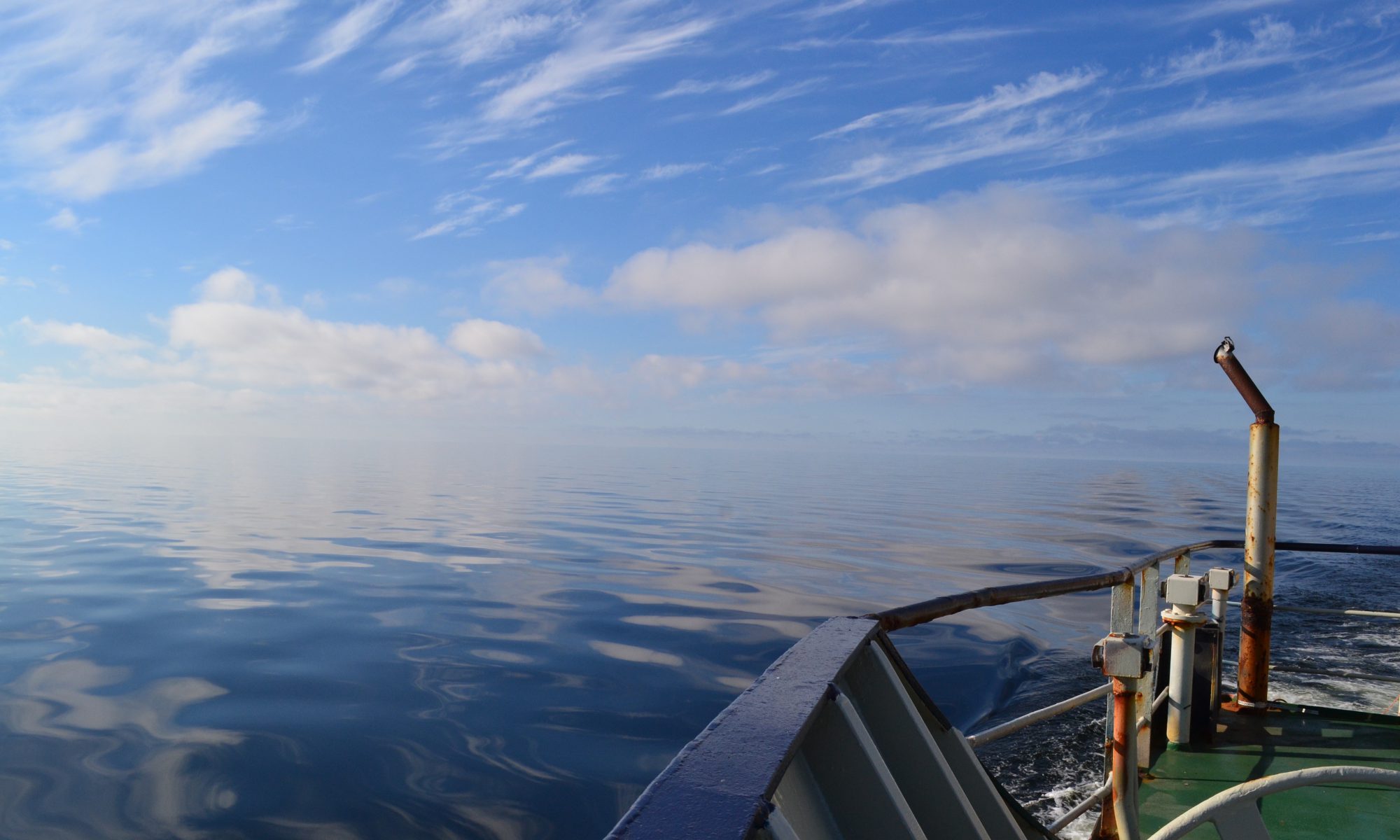Xiaochen Yang, is our new colleague for the next two months. Xiaochen has a PhD from the Danish Technological University and will do his internship on electrochemical systems and fluorescence microscopy techniques.
Welcome to the lab, Xiaochen!

University of Southern Denmark
Xiaochen Yang, is our new colleague for the next two months. Xiaochen has a PhD from the Danish Technological University and will do his internship on electrochemical systems and fluorescence microscopy techniques.
Welcome to the lab, Xiaochen!
Finally, great to see our BioRxiv paper just published by mBio. Also, SDU Nat’s press officer (Birgitte Svennevig) published a EurekaAlert and a press release on SDU’s website calling attention to our work. This work is a contribution to a project funded by the Danish Research Council in 2013.
Wageningen: a sneak peak at conductive particle-mediated syntrophy
Just before the paper was released I visited Wageningen University were I held a workshop and lecture on conductive particle-mediated syntrophy. It was an absolutely fantastic experience to lecture on syntrophy at a place where syntrophy has been studied for decades. The Wageningen visit was only possible thanks to A/Prof. Diana Sousa. Thank you Diana for the invite!
Morten Busch wrote a great outreach article about methanogens battling radionuclide contamination, in which our recent publication from Microbial Ecology has been featured.
Cite:
Busch M. 2018. Extreme microbes battle against radioactive contamination. ScienceNews.dk (Novo Nordisk Foundation)
Holmes, D.E., Orelana, R., Giloteaux, L., Wang, L.-Y., Shrestha, P., Williams, K., Lovley, D.R., Rotaru, A.-E., 2018. Potential for Methanosarcina to Contribute to Uranium Reduction during Acetate-Promoted Groundwater Bioremediation. Microb. Ecol. https://doi.org/10.1007/s00248-018-1165-5
Daniel Jensen from Aarhus University will do a masters in our lab. The Masters will be under my supervision and that of Lars Ottosen. At SDU, Daniel will work on electrosynthesis and production of valuable chemicals from renewable resources.
Daniel has a BSc from the Department of Bioscience at Aarhus University, where he studied motility in cable bacteria. A year ago Daniel started a Master in Bioengineering at the Department of Engineering at Aarhus University.
Daniel, welcome to our SDU team!
On November 23rd, I gave an invited talk for the graduate schools of Microbiology at the Max Planck Institute of Terrestrial Microbiology, the Philips University Marburg and the University of Tuebingen.
It was an excellent meeting covering diverse aspects of microbiology, especially structural and molecular microbiology. It was wonderful to be once again in Marburg.
Here is the flyer for the meeting where you can see the line up of speakers selected by the students for the students: Neu Flyer Spotlight 03.11.2017